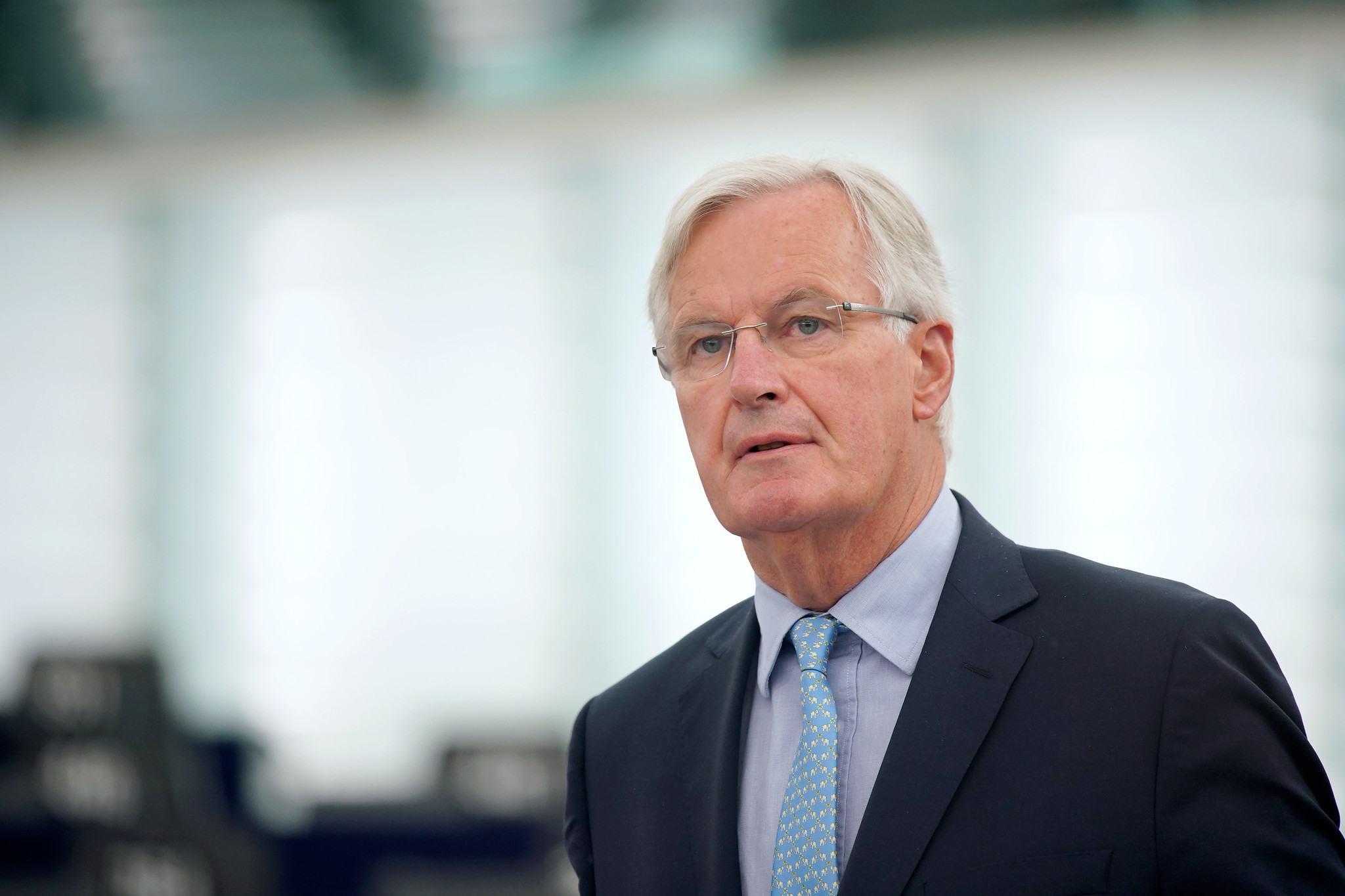Nous recrutons actuellement pour un certain nombre de postes. En savoir plus
Development & deterrence: Europe-Africa migration deals

An increase in irregular migration since 2015, which has been sensationalised by the news media, has inflamed anti-immigrant sentiment in Britain and Europe, spurring a flurry of development deals with African countries.
The agreements promise aid that either directly targets intervention areas perceived to be driving migration, such as livelihood generation, or provide funding in exchange for implementing stringent controls that prevent the departure of migrants from Africa to Europe.
Migration is thus characterised as a problem in need of solving, and these development-style deals that specifically include a migration-control element are being punted as the solution. The thinking goes: if we “develop” the sending countries, it will reduce the number of low-skilled economic migrants and asylum seekers leaving in search of a better life. Of course, this is by no means a new idea, but as the map below shows, such migration deals have proliferated in the past two years alone.

The map above highlights just some of the major deals that the European Union (and the United Kingdom) have facilitated between 2023-2024. The monetary figures listed are approximates for the amount the highlighted African country is in line to receive as part of the deal. The UK figure specifically is the amount of money paid to Rwanda thus far – should the deal proceed, Rwanda would be in line to receive between USD 1.3-5 billion over five years.
Winds of political change
The case of Niger illustrates how these types of deals are predicated on alliances between the ruling elites of both sending and receiving countries. Niger’s Law 36-2015, which criminalised the transportation of migrants to Libya and Algeria, was heavily influenced by the EU. Later in 2015, the bloc established a Trust Fund for Africa, intended to address the “root causes of irregular migration and displaced persons in Africa”, with Niger as one of the beneficiaries. Following Niger’s 2023 coup and pivot from Western ally to Western antagonist, the law was repealed and convictions under the law expunged.
On the other side of the coin, political sentiment on the EU side is also an element to consider. Far-right parties have been propelled into parliaments across that continent, courting both xenophobic voters, who seek to blame migrants for social ills, cultural tensions and rising crime, as well as floating voters concerned about deteriorating standards of living. This has enabled the far-right to capture the issue and drive the debate around migration, as centrist leaders have failed to make traction with middle ground solutions.
Outsourced border protection
European states paying other countries to implement measures to reduce irregular migration is essentially a form of development cooperation that externalises their borders to Africa, whereby African countries are now responsible for the UK/EU’s border protection. There are both theoretical and practical issues to consider with this mechanism of funding vis-à-vis state sovereignty and agency: it heightens state surveillance over the population, restricts movement even within national borders, and undermines trust between the populace and the state, now perceived as a lackey of Western powers.
There are several political and economic consequences to these types of transactional deals. Providing large sums of money to authoritarian regimes serves to bolster their legitimacy while reinforcing the state’s security and surveillance apparatus. Aid is unlikely to reach the people who need it, undermining development in critical socio-economic areas, and consequently enhancing the push factors that have people fleeing in the first place. Migration control deals are also a double edged sword – while the UK and EU try to enforce their agenda on African states, African states in turn can weaponise British and European fears over migrants to engender additional funding and diplomatic support for their own priority issues.
There are also economic consequences to the enforced shut down of major migrant routes. In Niger, during the time Law 36-2015 was in place, the economy of Agadez, a transit city in the Sahara, was destroyed – wiping out the livelihoods of small hospitality businesses which relied on the passage of people seeking food, shelter and transport.
Not less, just less safe
The terrible side effects of such policies have been well-documented. Libya, as the main departure point for asylum seekers and irregular migrants seeking to enter Europe, is perhaps the most prolific example. The Libyan coast guard has been active in detaining boats, whose passengers are then held in detention centres for months on end, or are subject to other appalling human rights abuses.
The current drive to clamp down on migration via checkpoints, patrols and detention has an air of futility. As demonstrated by migrants who try multiple times to enter Europe, people desperate to leave will continue to do so, but will simply take even more dangerous routes and measures. Meanwhile, human rights abuses go unpunished under the guise of migration control, human trafficking networks thrive, and authoritarian states continue their stranglehold on democracy.
Perhaps the UK and some EU states would view these consequences as worth it, if the initial goal is achieved. But does development aid really work to improve living conditions to such an extent that people are less inclined to leave? The research – as it stands – says no.
Related articles
Proud to be BCorp. We are part of the global movement for an inclusive, equitable, and regenerative economic system. Learn more


